IMF says global economy slowing on trade ‘reboot’ but avoiding recession
The head of the IMF warned that the global economy will slow due to the U.S.-led world trade “reboot,” but a recession isn’t in the forecast.

The head of the International Monetary Fund warned that the global economy will slow due to the US-led world trade “reboot,” but a recession isn’t in the forecast.
Speaking Thursday ahead of the IMF’s spring meetings next week in Washington, Managing Director Kristalina Georgieva said the surge in protectionism fueled by U.S. President Donald Trump’s tariff-threat diplomacy will stoke costly uncertainty, slow activity and stunt productivity.
“Trade goes on, but disruptions incur costs,” she said in the text of a speech in the U.S. capital. “Our new growth projections will include notable markdowns, but not recession” while some countries will also see faster inflation.
The IMF is scheduled to release new forecasts in its World Economic Outlook on Tuesday. Finance minsters and central bankers are gathering in Washington — where the meetings are co-hosted by the World Bank — to assess a global environment rattled by Trump’s effort to rewire global trade and isolate top rival China.
A 2025 growth downgrade from the IMF would follow other recent reductions in the outlook, including a World Trade Organization report Wednesday expecting a contraction in global merchandise trade this year also blamed largely on the US.
HSBC Holdings Plc economists this week cut their predictions for global growth this year and next to 2.3%, compared with previous estimates of 2.5% and 2.7%.
The growth risk posed by Washington’s trade policies is a sharp shift from the IMF outlook earlier this year, when it upgraded its world GDP growth forecast for 2025 to 3.3% just before Trump’s inauguration, on the back of better-than-expected U.S. expansion.
Georgieva said in her speech that trade tensions are “boiling over” now largely because of an erosion of trust, both between countries and more broadly in globalization’s upside.
“Global economic integration has lifted vast numbers of people out of poverty and made the world as a whole better off. But not everyone benefited,” she said, flagging off-shoring jobs to lower-wage areas and inflation fueled by supply-chain disruptions. “Many blame the international economic system for the perceived unfairness in their lives.”
The IMF chief, who’s about seven months into her second five-year term, said countries should use this opportunity to take policy steps to create a “better balanced, more resilient” world economy.
China must boost private consumption, she said, while Europe should integrate further, particularly its capital markets, and follow Germany’s lead spending more on defense and infrastructure. For the US, the “core macroeconomic policy challenge” is to get government debt down.
“The secret to seizing the moment is to focus all energy not on preserving the old, but on building the new,” she said.
This story was originally featured on Fortune.com











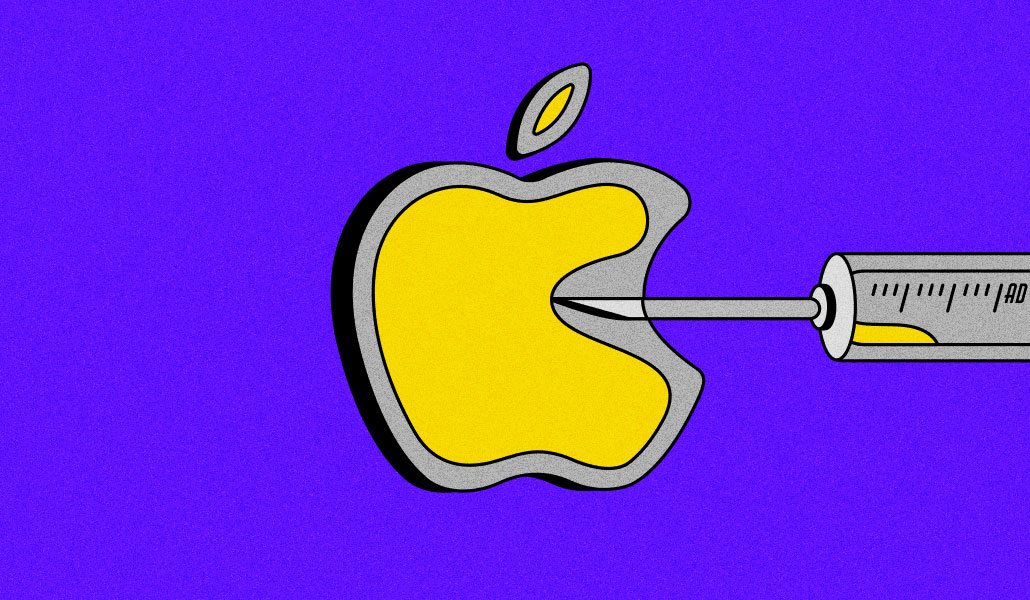


![31 Top Social Media Platforms in 2025 [+ Marketing Tips]](https://static.semrush.com/blog/uploads/media/0b/40/0b40fe7015c46ea017490203e239364a/most-popular-social-media-platforms.svg)
















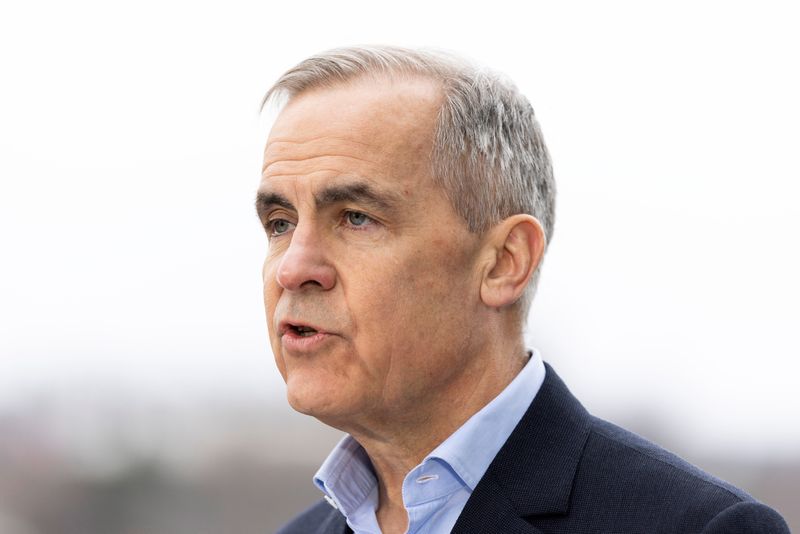

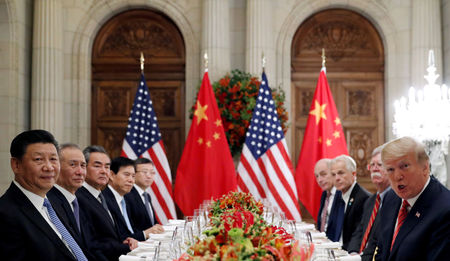






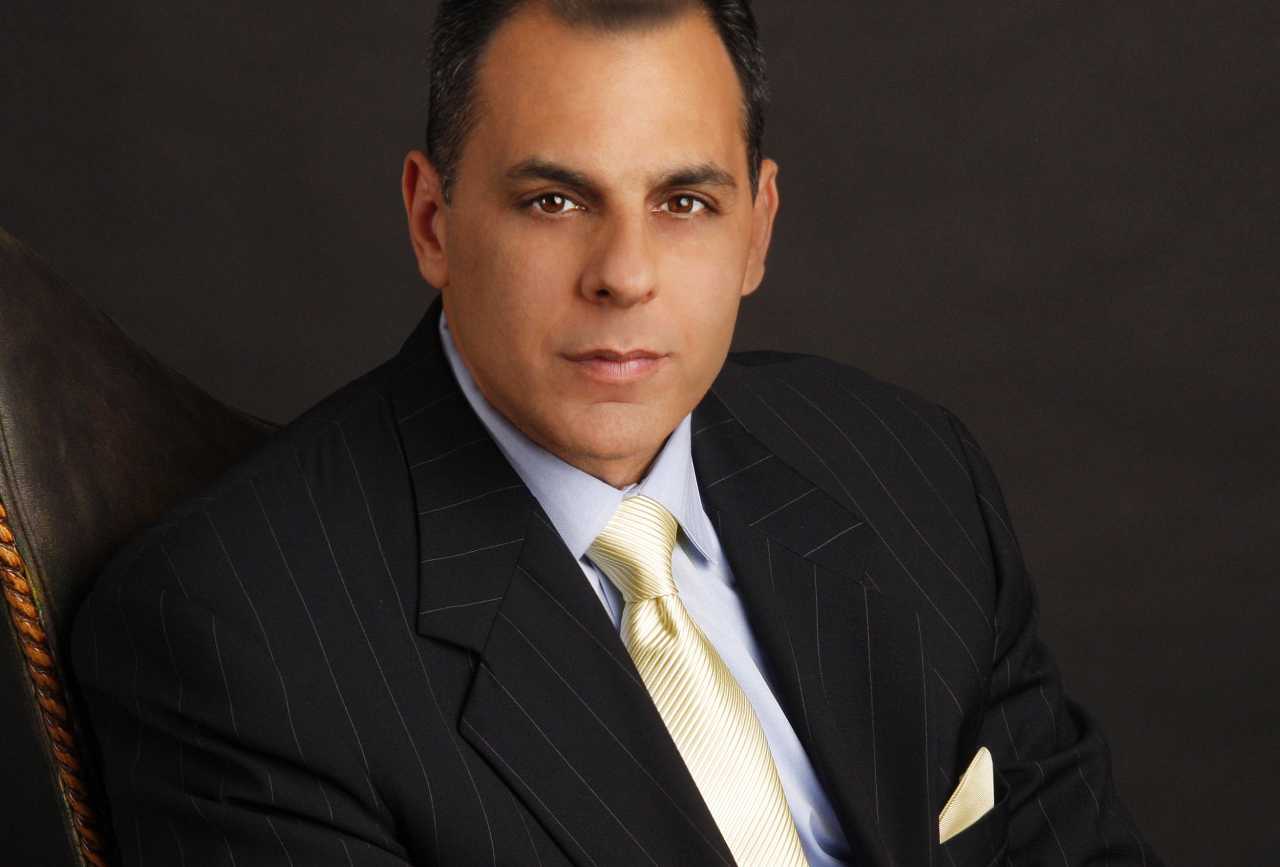



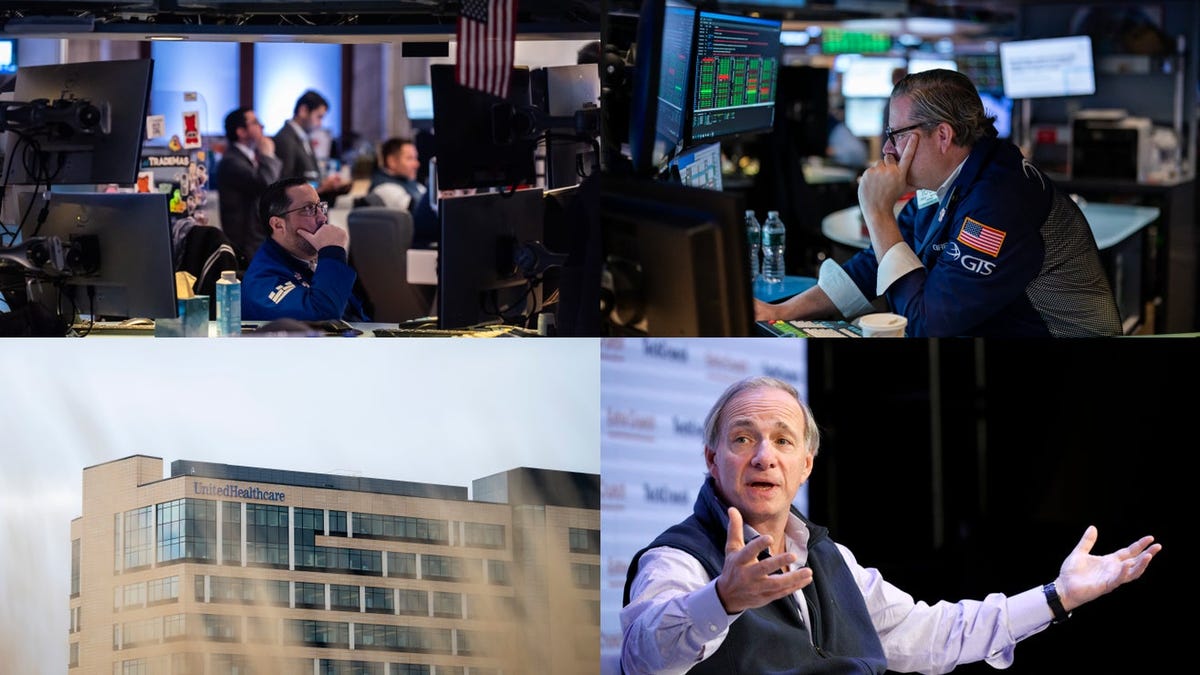
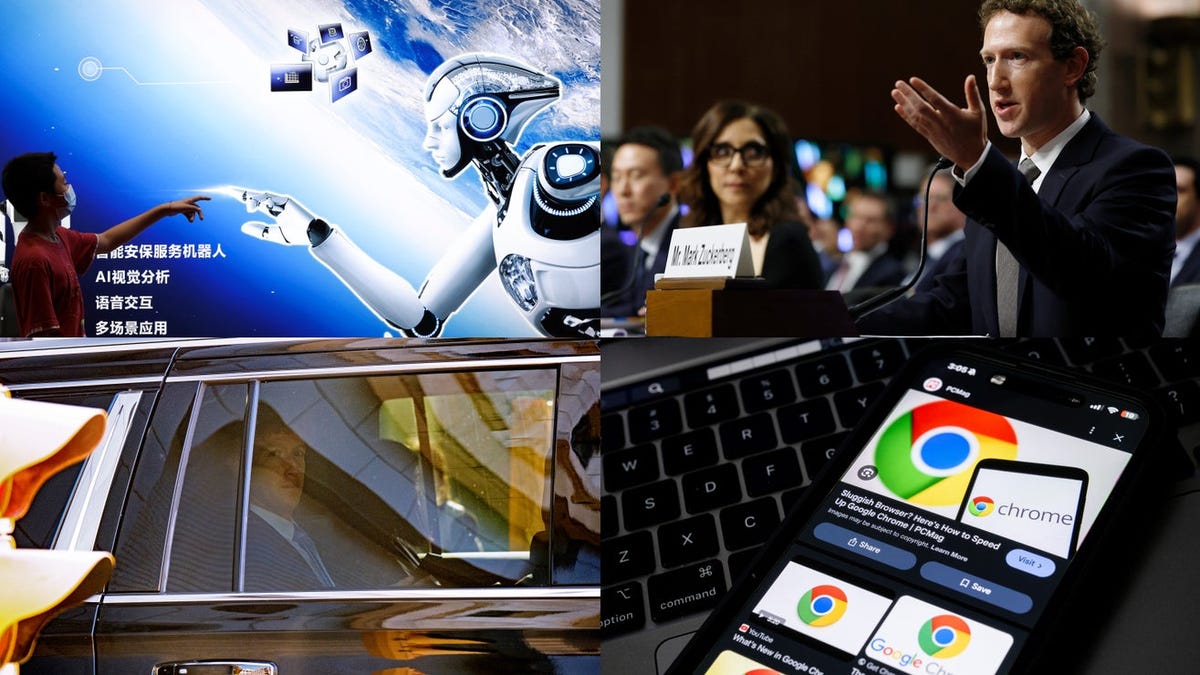









![[Weekly funding roundup April 12-18] VC inflow declines to 2nd lowest level for the year](https://images.yourstory.com/cs/2/220356402d6d11e9aa979329348d4c3e/WeeklyFundingRoundupNewLogo1-1739546168054.jpg)

























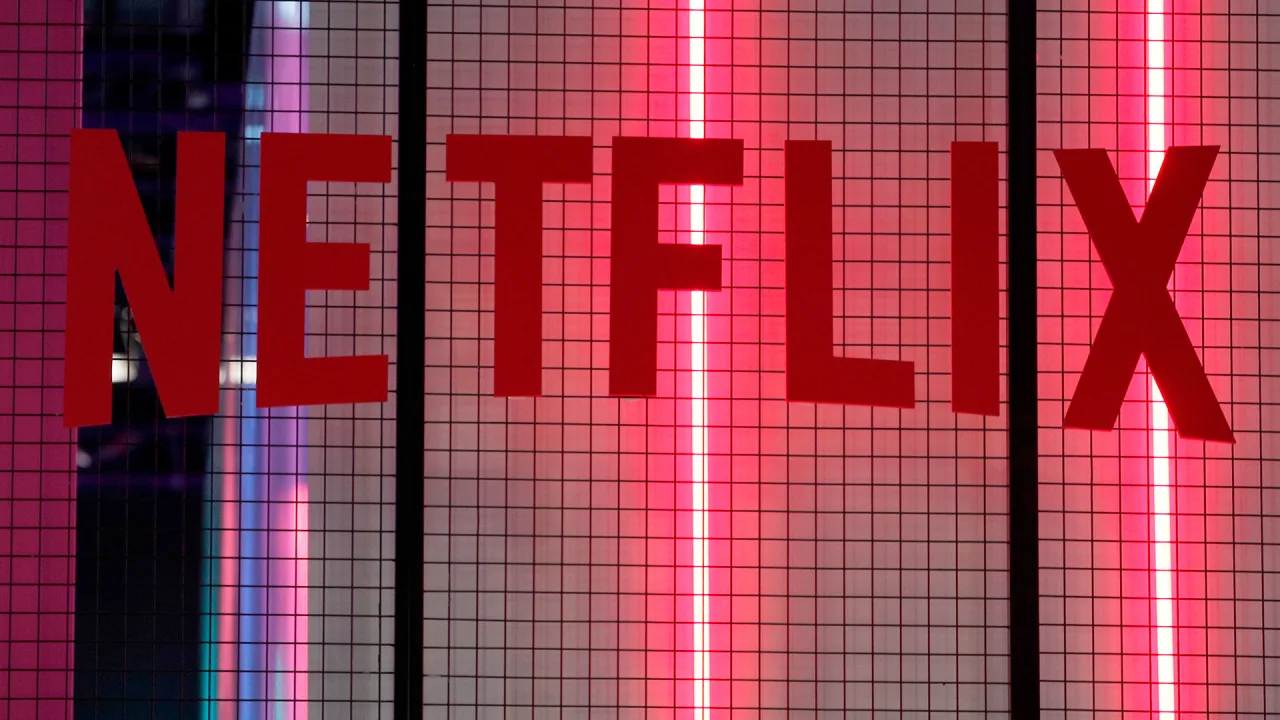
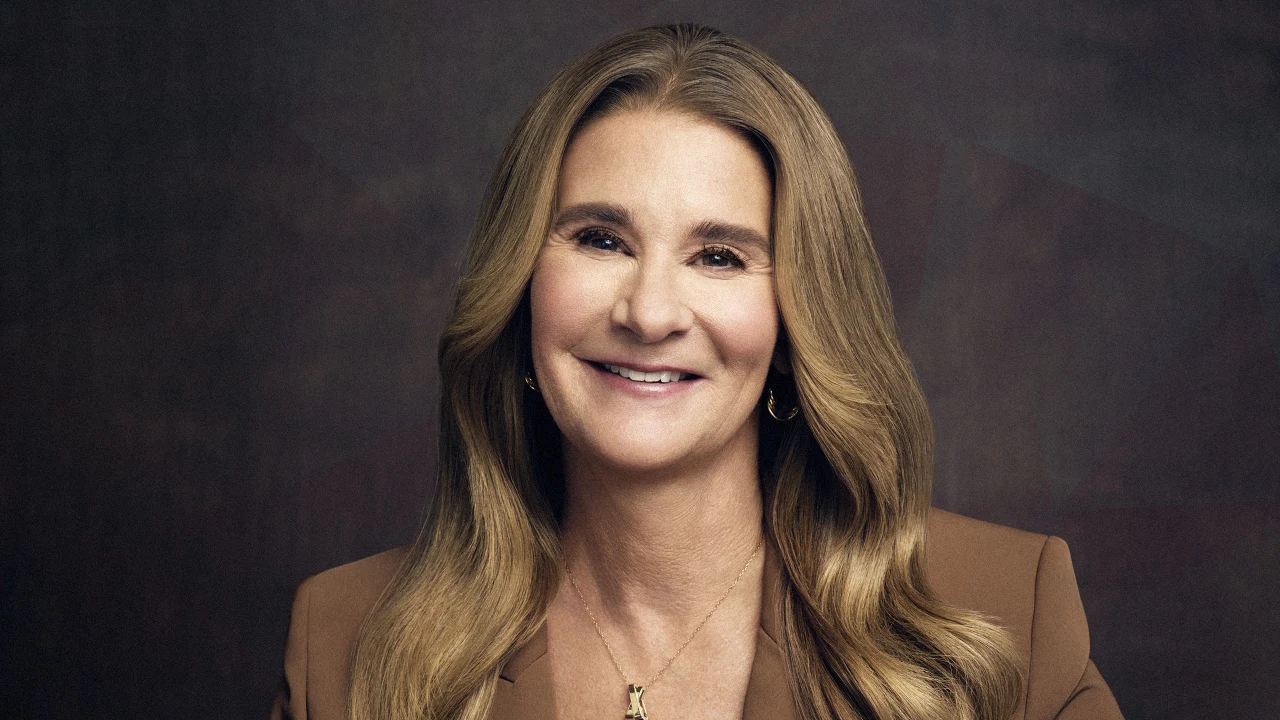


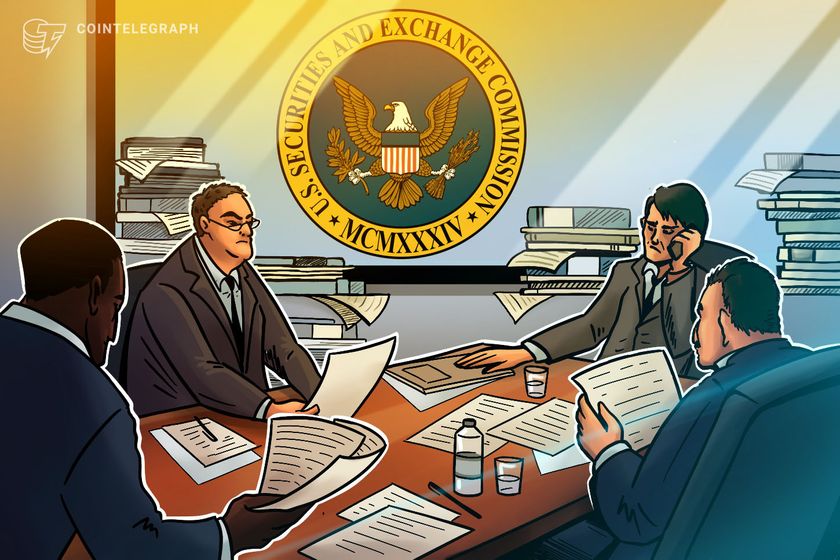


















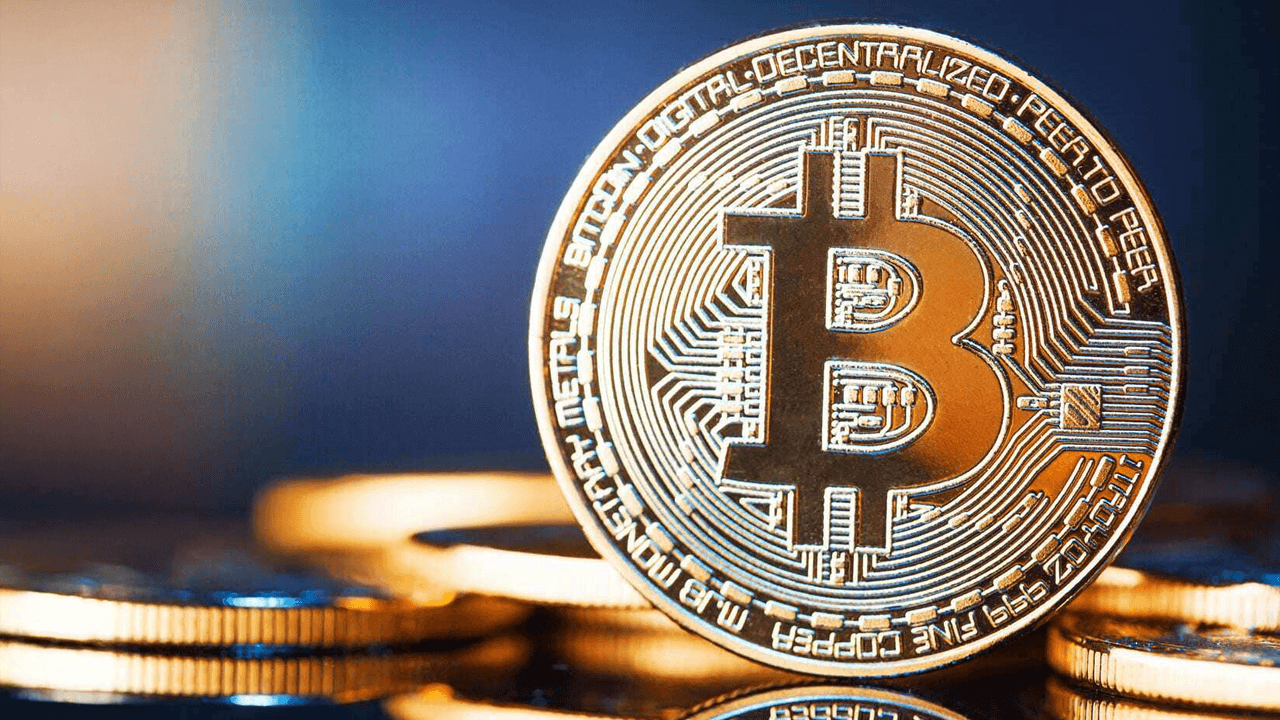


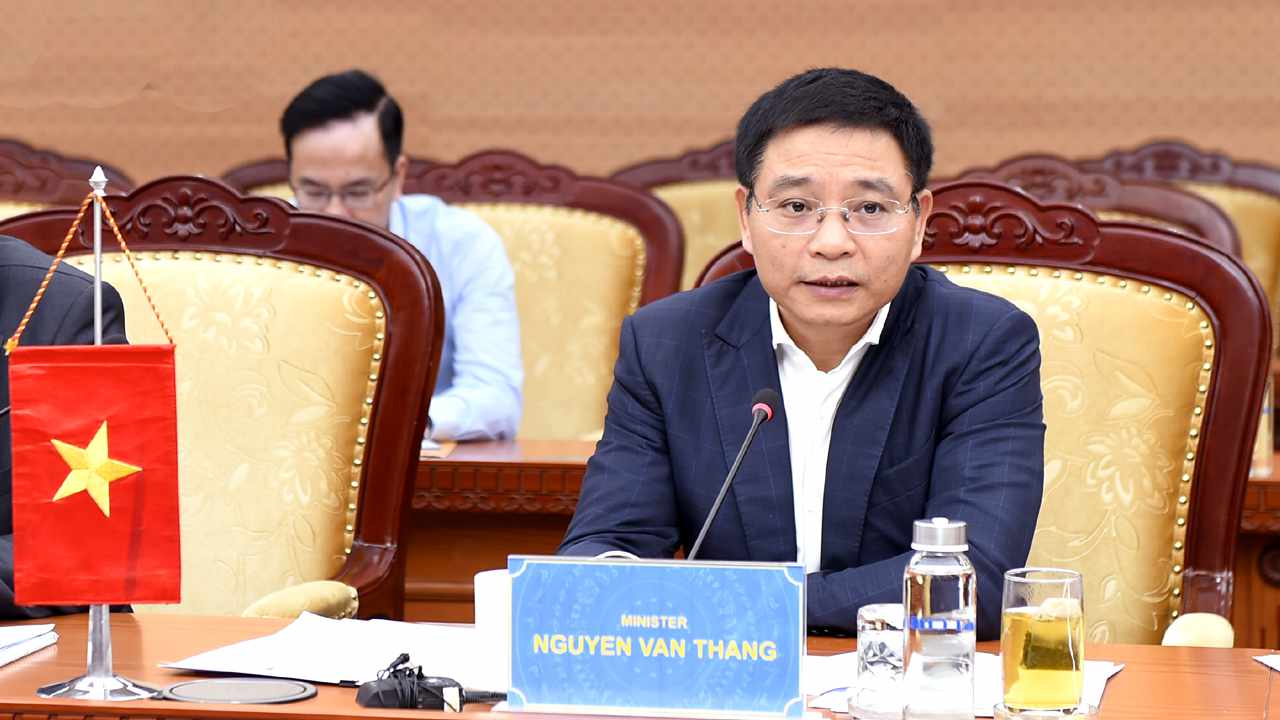


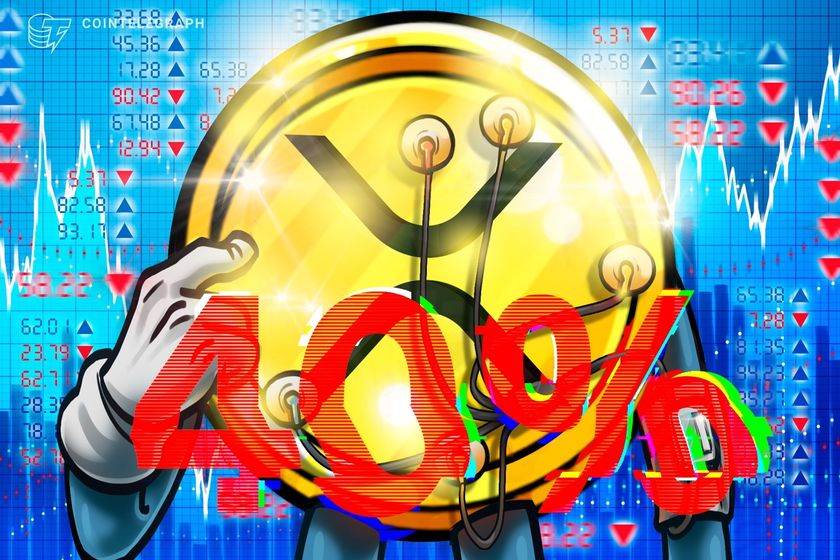










































































![How to Find Low-Competition Keywords with Semrush [Super Easy]](https://static.semrush.com/blog/uploads/media/73/62/7362f16fb9e460b6d58ccc09b4a048b6/how-to-find-low-competition-keywords-sm.png)
